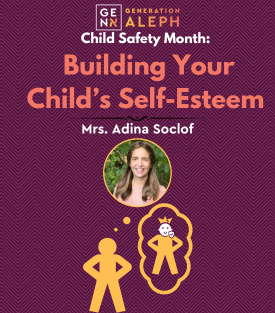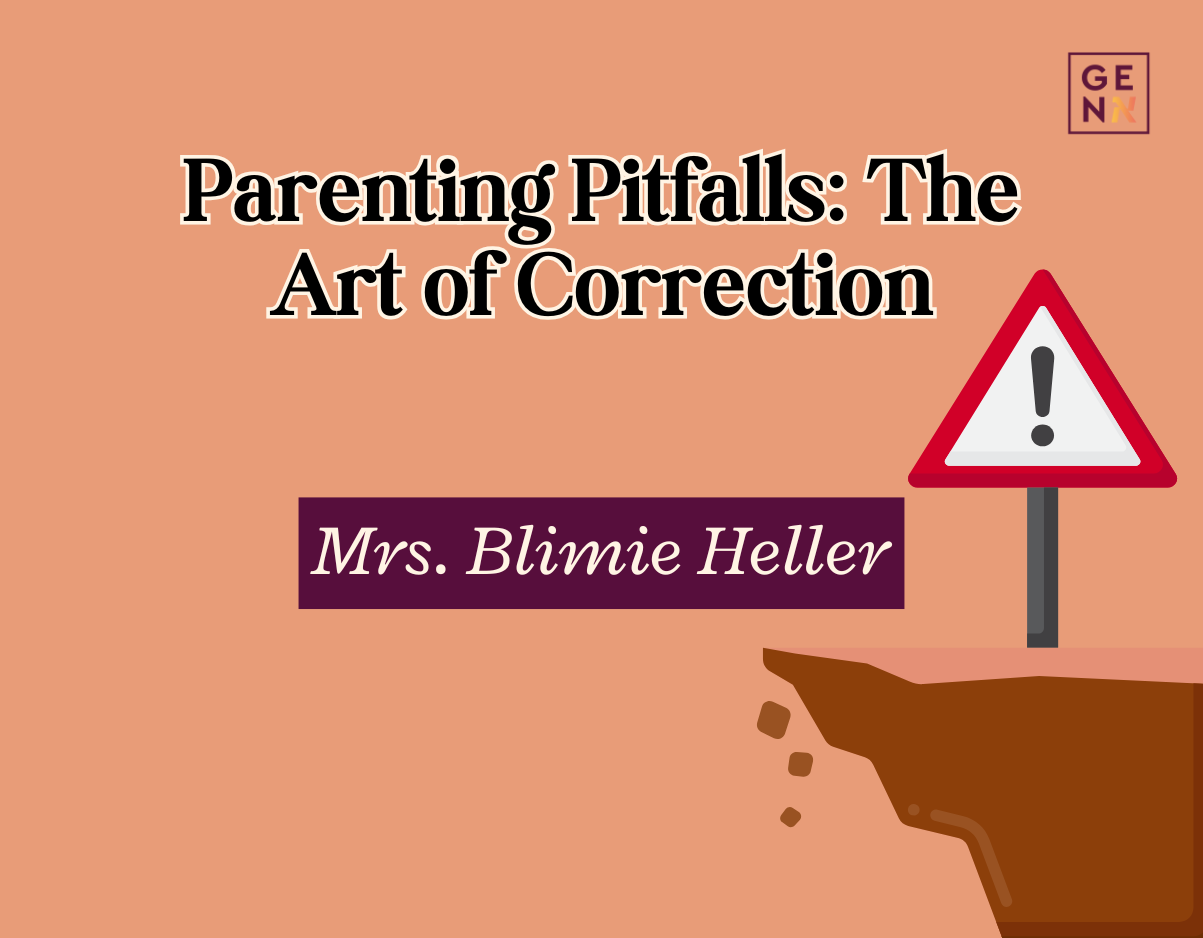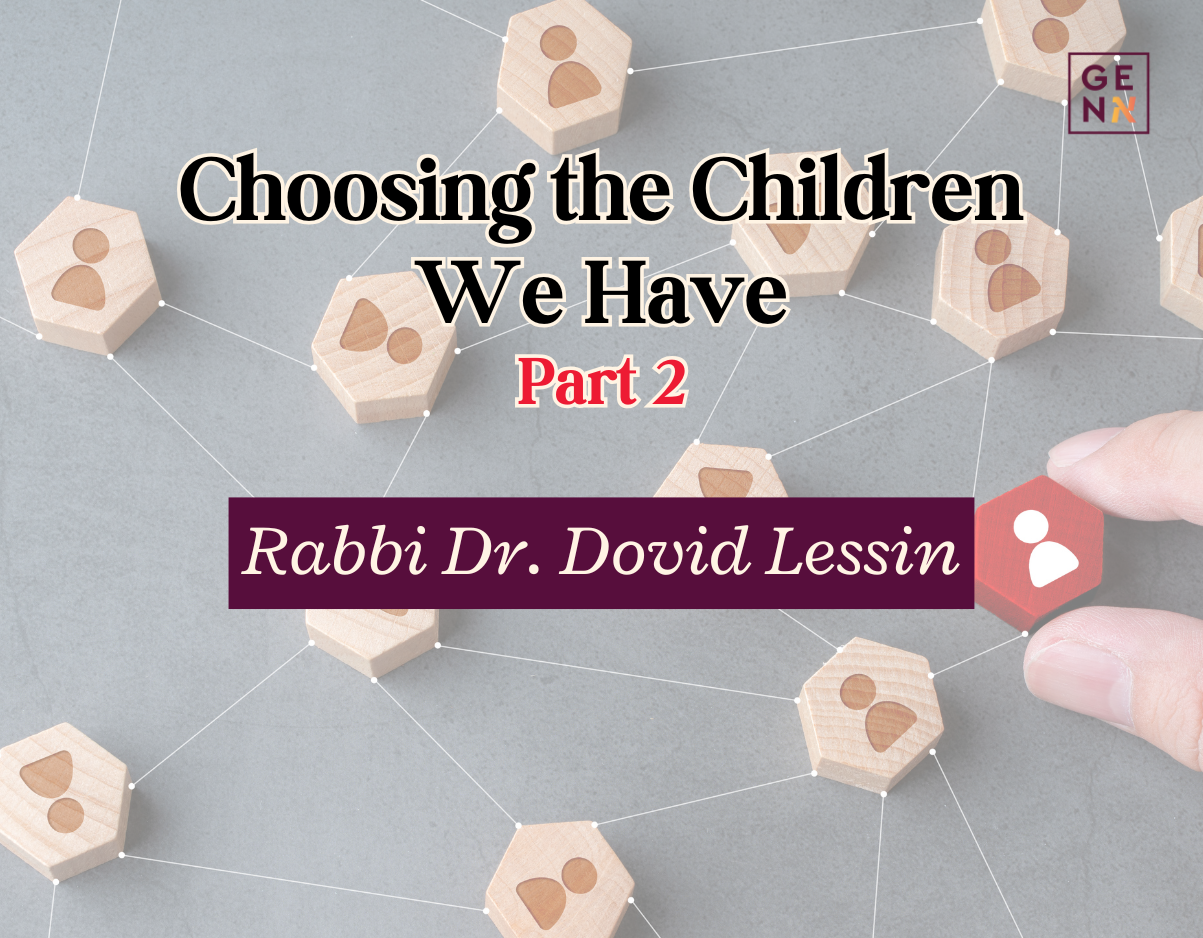As we continue our exploration of the Ben Sorer U’Moreh we are now ready to delve into what type of Chinuch model our children need in order to stay loyal to the mission of Yahadus.
כִּי־יִֽהְיֶ֣ה לְאִ֗ישׁ בֵּ֚ן סוֹרֵ֣ר וּמוֹרֶ֔ה אֵינֶ֣נּוּ שֹׁמֵ֔עַ בְּק֥וֹל אָבִ֖יו וּבְק֣וֹל אִמּ֑וֹ וְיִסְּר֣וּ אֹת֔וֹ וְלֹ֥א יִשְׁמַ֖ע אֲלֵיהֶֽם
If a man has a wayward and rebellious son, who does not obey his father or his mother, and they chasten him, and [he still] does not listen to them (Devarim 21:20)
The Meforshim point out that the Passuk does not say “Eino Shomea” the child does not listen, but rather “einenu shomea” which indicates that this child is incapable of listening. His Yezter Hora has become so integrated into his very being that he completely turned off from hearing anyone’s entreaties. This child is called a Ben Sorer U’Moreh, a wayward and rebellious son. If a child is merely a Sorer he can still do Teshuva. He is a person who is not proud of his behavior and has thoughts of Teshuva from time to time. He is only behaving in this way because of a particular experience he is having or because of particular situation he is in. Change is very much a possibility. But when a child devolves into a Ben Sorer U’Moreh, hope has been lost. Such a child does not see anything wrong with his behavior. When anyone attempts to point out the folly of his ways, he already stands armed with his justifications and rationalizations. It’s not his fault. It’s not his responsibility. It’s not even a bad thing. If only the school would do this, his parents would do that and the community would be like this then… It is impossible to reach someone who has turned off their ears. As long as they are still listening, even if they are severely hearing impaired, we hold on to hope. Our Ben Sorer U’Moreh has tragically fallen to such a state that he is not just hearing impaired, he is constitutionally incapable of listening.
The more important question is, how did we arrive here? Children are naturally curious. They love to learn, and every parent knows that our children are always listening (especially when we don’t want them to). How did the Ben Sorer U’Moreh become someone who absolutely refuses to engage?
The word Chinuch is commonly translated as child rearing but Rashi[1] explains us to that it means initiation. To be initiated into something means to become a part of it. With this definition in mind we can understand that our responsibility as parents is not merely to have our child observe the Torah and its laws but to initiate them into a life of Torah. And while this may appear to be a simple split, it will have significant ramifications in the way we raise our children.
If our goal is mere observance, then that are many controlling tactics that we can employ in order to coerce our children into doing what they are told. Parents can yell and scream, threaten and cajole, offer positive and negative reinforcement etc… On some level all of these tactics will work. Until they don’t. When the child reaches an age where they no longer live in fear of the parents, when the parents no longer have the strength to apply negative consequences or when they can no longer offer positive consequences significant enough to force certain behaviors, the child will do whatever they please. For such a child Judaism was always external to their being. It was something they were forced to do, not something they were initiated into. As soon as the parent can no longer employ the stick and carrot approach, the child will revert back to their natural state of doing what they want to do.
If our goal is initiation, then we must parent in such a fashion that the child owns their responsibilities. They word is that we want them to internalize their Yiddishkeit. This process is almost always slower, more subtle and prioritizes long term growth over short term action. Of course, there are times when we use controlling tactics to aid the Chinuch process but never at the expense of actual Chinuch. A parent may use a positive and negative consequence model to influence the child to engage in an actual Chinuch model but we must be very careful not confuse short term control for actual initiation.
Let us for a moment consider what it is like for a child who grows up in a control model rather than a Chinuch model. He wakes up every day and sits through a davening that does not engage him. He goes to a Judaic class where he must sit quietly and attentively to a subject matter that does not interest him. How long are these classes? Depending on the Yeshiva we might be talking about a significant number of hours in any given day. He feels the pressure to do well on tests to avoid whatever negative consequences await. I imagine this boy sitting by the window in his school and watching the cars drive by. He wishes he could be in those cars. The destination doesn’t matter. As long as it is away from here. As adults we can forget how torturous it can be to sit through so many hours in school, learning subjects that are of no interest. So, while this child went to class and may have even done well in their subjects, their yearning was to be anywhere but here. And when they finally have the opportunity to leave, they run. Our pleas for them to return are perceived as threats and rightfully so. Who would willingly engage in something so painful.
The Sorer is someone who behaves inappropriately but we have been somewhat successful in our Chinuch. He knows what he is doing is wrong. He is still bothered by it. When we speak with him he is at least somewhat open to hearing. He may argue but you can tell his heart isn’t really in it. He’s going through something. He’s struggling. We can reach him. Our Ben Sorer U’Moreh is not just someone who strayed from the path, he fled from it. Why? Because we did not successfully give him the Chinuch he needed. We used controlling tactics, but we failed to help him internalize Yiddishkeit. And now when we are trying to talk to him, he has closed his ears. He is not just disinterested in listening; he is unable to listen. And who can blame him? Hashem designed us in such a fashion that we pursue pleasure and run away from pain. To be sure, we are willing to do hard things when the ultimate goal is more important than the pain we will experience but if we have not internalized the value of the goal, who amongst us would willingly engage in something so arduous.
Our responsibility as parents is to raise children who have internalized our highest values. To raise growth-oriented children whose ears are open to hearing how they may improve. They listen because they want to, and they want to because they received a Chinuch that helped them want to. They were not just told what to do but why to do it. They tasted the value of a Torah life, and they actively seek out how they can find more of this goodness. In the short term it can be difficult to see the value of a Chinuch model but we do not just want our children to be observant, we want them to feel connected. Shlomo HaMelech said, חֲנֹ֣ךְ לַ֖נַּעַר עַל־פִּ֣י דַרְכּ֑וֹ גַּ֥ם כִּֽי־יַ֜זְקִ֗ין לֹֽא־יָס֥וּר מִמֶּֽנָּה, initiate a child according to his ways, even when he grows old, he will not turn away from it. When our children receive a Chinuch that helps them internalize Yiddishkeit, only then will it have long term impact.
Rav Mordechai Burg is the Menahel of Mevaseret, Mashpia of NCSY Summer, Mashpia of Nitzotzos, author of Nitzotzos on Chumash and a senior Rebbe at Tomer Devorah and Bnot Torah Institute. His shiurim can be found on Nitzotzos.com.
[1] Bereishis 14:14
Submit your questions
"*" indicates required fields











